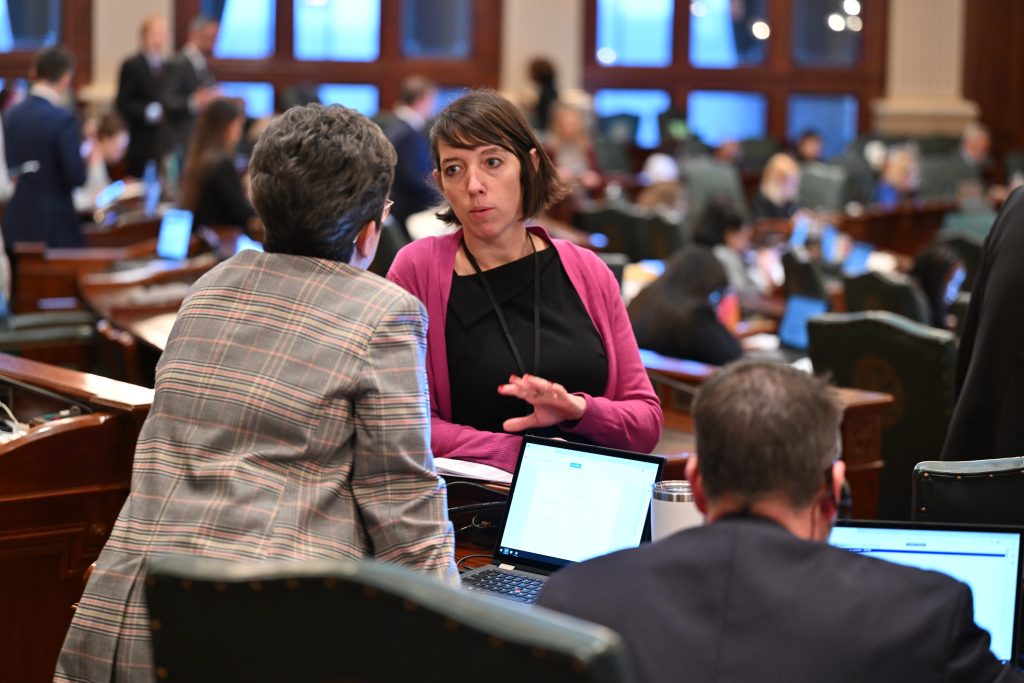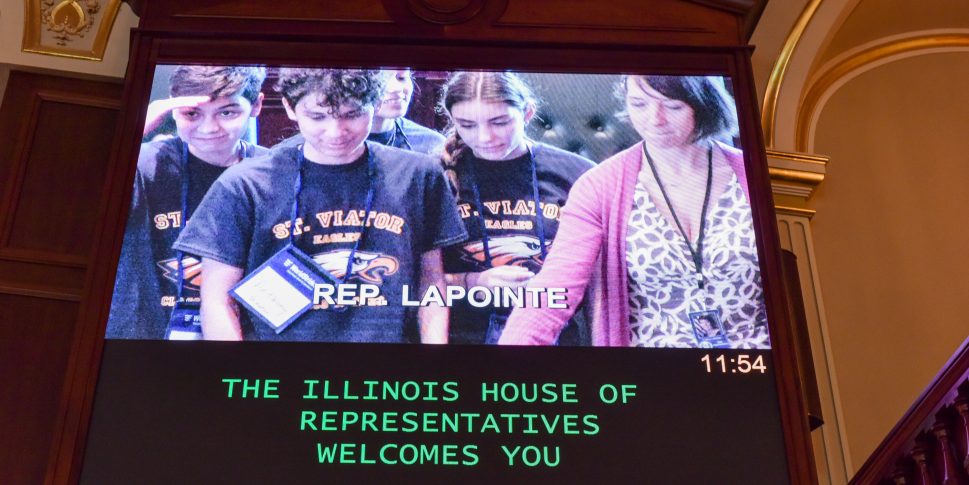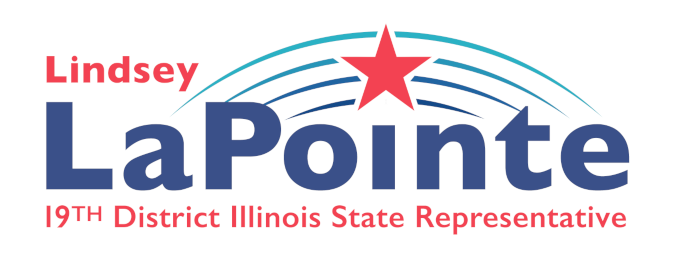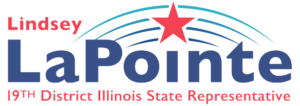On May 27, 2023, we wrapped up the final hours of our first full in-person spring legislative session since 2019. We passed more than 550 bills into law and we encourage you to reach out about anything we did or did not pass. Below are some of the most important bills and budget items, ranging from education to public safety and from healthcare to mental healthcare. As the Chair of the Mental Health and Addiction Committee in the House, I am particularly proud of the hard-fought victories for more accessible and affordable mental health care for our kids and adults, including supporting the workforce. This is an issue I will continue to keep front and center.

Education
I was proud to support a variety of bills and budget priorities to advance quality education, from early childhood to college, including ensuring inclusive and supportive learning communities for all our kids. We invested $350M in our evidence-based educational funding formula, with an additional $45M for teacher support, recruitment and retention efforts. We made an unprecedented investment in early childhood education, in addition to a bill that requires public schools to develop full day kindergarten by the 2027-2028 school year (HB2396). Finally, I supported a bill that requires school districts to notify parents/guardians within 24 hours of becoming aware of a bullying incident involving their child.
Public Safety
Given public safety and ending gun violence for all is a top Illinois issue, we passed and I supported several bills in this area. In terms of preventing gun violence, HB218 holds the gun industry liable for dangerous sales and marketing tactics that cause real world violence. In terms of preventing gun violence and increasing safety at large events, HB3902 expands the use of drones to assist first responders and monitor large events while barring facial recognition and limiting the retention of film footage.
To better support first responders, HB3162 provides a rebuttable presumption that a police officer or firefighter who becomes disabled as a result of COVID19 (any time after March 9, 2020 and before June 30, 2021) was injured in the line of duty and is entitled to receive duty disability. Additionally, we passed language to ensure funding for line of duty benefits, to avoid family wait time for much deserved benefits after a tragedy. On first responder mental health, we appropriated $10M to implement a bill I passed last year, which funds behavioral health for first responders, broadly defined to include dispatchers, along with an additional $10M to the City of Chicago for first responder wellness programs. Finally, we appropriated $30M for body cams and dashcams.
To better support crime survivors, I was proud to sponsor a pair of bills to grant unpaid time off to families experiencing trauma and loss through violent crime, homicide and suicide. SB2034 grants 6-12 weeks to parents who have lost children to homicide or suicide while HB2493 grants two weeks for people who lose a family member to a crime of violence. From volunteering at Camp Sheilah for children who have experienced loss to pushing policy change that listens to survivors, I have long championed real support for survivors to end the cycle of violence. More on that movement HERE.
Environment
I am honored to represent many champions of the environment and conservation who frequently show up in my inbox. Although there were some tough losses for the environment this spring, we made some strides and kept one concerning bill under the 71 vote veto proof majority. I voted “no” on the aforementioned bill that would have given a major utility provider rights to work on transmission lines, with no competition, for the next two years (SB3445). I was proud to support two measures that would significantly cut down on the use of styrofoam, one to prohibit state agencies and vendors from buying polystyrene foam and the other to prohibit retail establishments from doing so (SB58 passed, HB2376 stalled in Senate, respectively).
Reproductive healthcare
Illinois continues to be a haven for individuals seeking reproductive health resources, and this session I was proud to support several bills that will protect access and affordability for people seeking the full spectrum of reproductive healthcare in Illinois. This includes a mechanism to hold Crisis Pregnancy Centers accountable in situations of deceptive care practices (SB1909), ensuring out-of state patients seeking reproductive care are protected from out-of-state investigations (HB3326), requiring insurance companies to cover the cost of Mifepristone and other medication essential to reproductive care (SB 1344), and expanding access to emergency contraception (SB1907).
Healthcare
Healthcare affordability and access has long been a priority for me and Northwest side residents. I was proud to support a bill aiming to ensure corporations keep prescription medications accessible by enacting procedures and penalties for drug manufacturers that price-gouge medication (HB3957). Another huge success this session was passing a bipartisan bill to cap the price for insulin at $35 a month for state regulated health plans as of January 2025, down from the current cap of $100 (HB2189). Finally, Illinois continued our nation-leading approach to healthcare by upholding our commitment to the Healthcare Benefits for Immigrant Adults program for adults age 42 and over, which is a “Medicaid look-alike” program that insures many who have never had access.
Mental Healthcare
Building off my experience as a social worker prior to becoming an elected official, one of my biggest priorities is affordable and accessible mental health support for our kids and adults which can come in a variety of forms, from peer support and prevention, to therapy and residential care. These efforts fell into a few categories:
- Decreasing stigma & building mental health into our regular day to day: In collaboration with Senator Fine and Thresholds, we passed a bill that requires state-regulated insurance plans to cover one (no cost and no diagnosis) mental health wellness visit per year as of January 2025, so that we can prevent severe mental health symptoms by providing support earlier on — just like our annual physicals (HB2847).
- Strengthening our Crisis Response System & Children’s MH Access: I led a bill to continue to build out our 988 crisis response system, which when fully implemented, means that someone in a mental health crisis will have a (non-law enforcement) place to call, someone to come, and a place to go (HB3230). On children’s mental health, I partnered with Senator Feigenholtz and the Department of Human Services to lead the first bill to come out of the Children’s Behavioral Healthcare Transformation Initiative (SB724).
- Building up the Mental Health Workforce: Mental health needs and a willingness to seek support are higher than ever, which is why we need investment to ensure our mental health workforce is supported in the difficult and rewarding work they do. I was proud to lead a bill with Senator Villa to make licensed social work more accessible by providing an alternative to the exam, focusing instead on education, field work, experience and supervision (HB2365). Senator Fine and I also expanded our state’s Community Behavioral Health Professional Loan Repayment Program, which now includes several licensed and unlicensed employees of substance use treatment providers and state-operated psychiatric hospitals (SB57). Finally, I fought for our Medicaid omnibus package to increase our state’s dismally low Medicaid reimbursement rates for hospitals, community-based providers and substance use treatment providers. All of this will lead to higher compensation for endemically underpaid professionals doing life-sustaining work.
Developmental Disabilities
Creating full opportunities for Illinoisans with developmental disabilities – including options for post secondary education, housing and employment – is a top priority of mine. This must include supporting our workforce, known as Direct Support Professionals (DSPs), to retain quality and compassion staff for our group homes and day programs. Just like in mental health, we are in a developmental disability workforce crisis, in which 28% of providers stopped taking new clients, more than 5,500 people are on a waitlist and eligible for services today with no access, and 192 people are in state-operated facilities wanting to come out. Although the average DSP wage is in the ballpark of $17/hour, many make less, closer to $15.50. Even though we pushed for a $4/hour increase, it was a fight on the last days of session to get a $2.50 an hour increase. I am proud to have played a lead role, in partnership with my colleagues, AFSCME and the Illinois Association of Rehabilitation Facilities.
In addition to the critical wage issue, I led a bill to create short- and long-term stabilization homes in Illinois for our residents with DD needing a higher level of care (SB167). Finally, I partnered with Senator Fine again to give more powers to the Department of Human Services Inspector General to hold workers in the DD field accountable when they witness abuse and materially obstruct an investigation (SB855).
Budget
I am proud to have played a role in crafting a responsible and compassionate state budget for SFY24 that upholds our burgeoning fiscal stability and several credit upgrades. In addition to the K-12 funding, significant early childhood investments, healthcare and mental healthcare investments, funding for first responder mental health, and the direct support professionals wage increase, here are some other big wins.
- A $138M investment in the state’s Rainy Day Fund and a $200M investment into the Pension Stabilization Fund.
- A significant increase for public universities and MAP grants so more people can participate in higher education at lower costs.
- An increase to the Local Government Distributive Fund and $42.5M to assist with our new arrival population.
- A continuation of our “Early Action Mental Health on Campus” funding, so college students at every public university and community college across Illinois have more streamlined access to mental health support.
- A significant investment in homelessness funding as part of our Home Illinois program, including codifying the Office to Prevent and End Homelessness via my bill, HB2831. The budget includes money for the Emergency and Transitional Housing line item that will help with the 4,500 unsheltered people across Illinois every night.
- New and continuing appropriations for local capital projects, including street repaving, schools, parks, and improvements and pedestrian safety around the Old Irving Park transit hub.
- Targeted and overdue human services dollars to the far Northwest side, such as grant funds to Lutheran Social Services of Illinois for homeless outreach and services and funding to the Senior Assistance Center serving Norwood Park Township.
Please remember, the above is only a partial reflection of the more than 550 bills passed out of both chambers and the approximately $50B (and 3,400 plus page) SFY24 state budget. If you have questions or want to decipher anything more in depth, please reach out. If you have read this far, we extra appreciate your engagement and interest!


